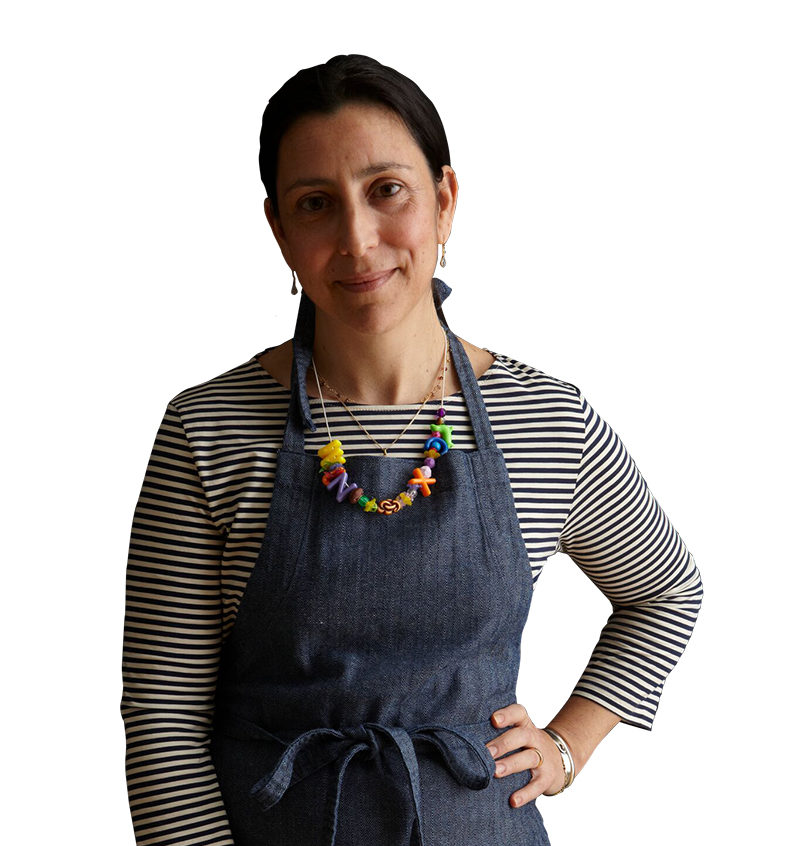The Center for the Study of Southern Culture and the Southern Foodways Alliance present
Michael W. Twitty
“The Evolution of African Foodways in the Most Southern Place on Earth: Colonial and Antebellum Mississippi”
WHEN: April 8th 2015 @ 7:00 PM
WHERE: Tupelo Room, Barnard Observatory, University of Mississippi.
The talk is open to all.
Michael W. Twitty is a Baltimore-based culinary historian, historic interpreter, and writer committed to foodways and social justice. He is the author of Afroculinaria, a blog that addresses the role of foodways in African and African American civilizations and the discourse and politics of ownership and cultural identity.
Twitty’s dual focus on educating Americans about the history of foodways in this country, particularly the contributions of enslaved Southerners, as well as concerns about the future of the food movement, promotes what he calls “culinary justice.” In the process of researching his book The Cooking Gene, Twitty staged a traveling series of historical interpretations called the Southern Discomfort Tour. He brought the often-ignored presence of African Americans back to historical Southern sites such as plantations, demonstrating the difficulties and accomplishments of daily life and labor for enslaved peoples.
Professor Jodi Skipper of Anthropology and Sociology and Southern Studies said, “I am pleased that Michael Twitty will have an opportunity to share his work with a U of M audience. Our work with the Behind the Big House tour is about representing pasts in the present. Likewise, Twitty recognizes the significance of interweaving early African American foodways with those of the present. His knowledge is essential to narrating antebellum black and white lives, and needs to be a more integral part of the Mississippi story. We don’t often know the names of enslaved black cooks but, through foodways, we can better understand how they were able to be creative geniuses in such restricted environments. This is not only a Mississippi story, but an American story that can help us better honor our ancestors, whose lives were not only difficult, but complex.”
Skipper and her Southern Studies students have helped to fill gaps in Mississippi interpretations of African American history by participating in the Behind the Big House (BTBH) program in Holly Springs for the past three years. The program interprets the lives of the enslaved through extant former slave dwellings hidden in plain view. The dwellings were readapted for various uses—making it difficult to recognize their original purposes—and suppressed from historical memory, either unintentionally or by design. Since 2012 the program has been a supplement to the annual Holly Springs Pilgrimage, which has, for over 80 years, historically interpreted the lives of plantation-owning families through home. BTBH is a distinct program, with 20 sites listed on the tour program. The annual tour will take place this April 8–12 in Holly Springs. It is free and open to the public, with a select few properties interpreted each year.
The Southern Foodways Alliance documents, studies, and celebrates the diverse food cultures of the changing American South. SFA is a member-supported non-profit institute of the Center for the Study of Southern Culture. The Center is an educational institute at the University of Mississippi and the first regional studies center in the country. For more information on the SFA, please visit www.southernfoodways.org, follow them on Instagram, @SouthernFoodways, and follow them on Twitter, @Potlikker.


